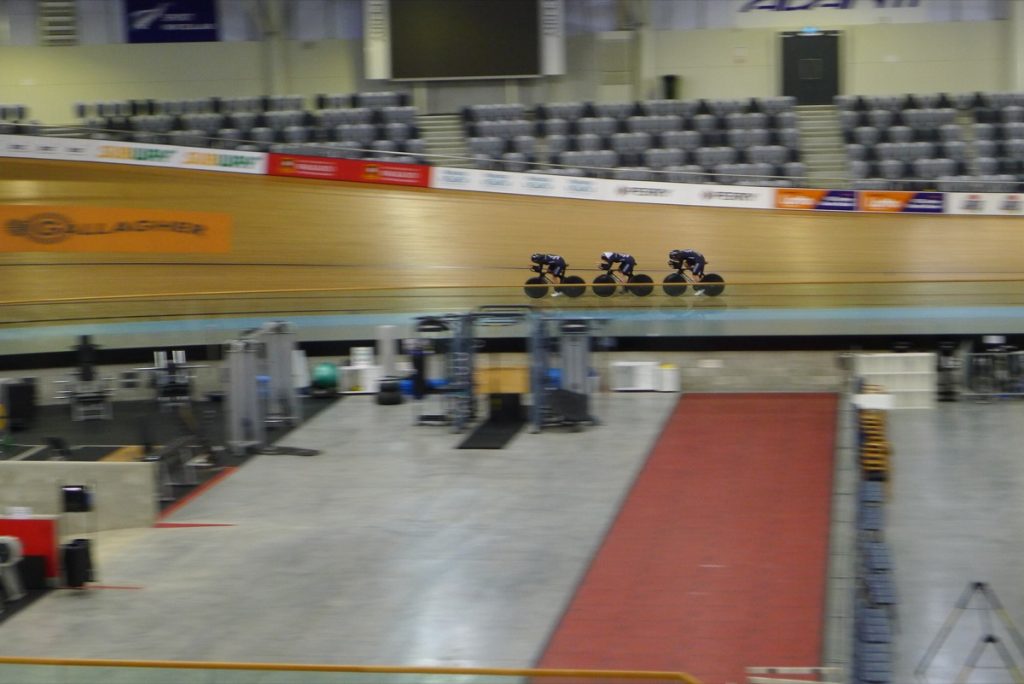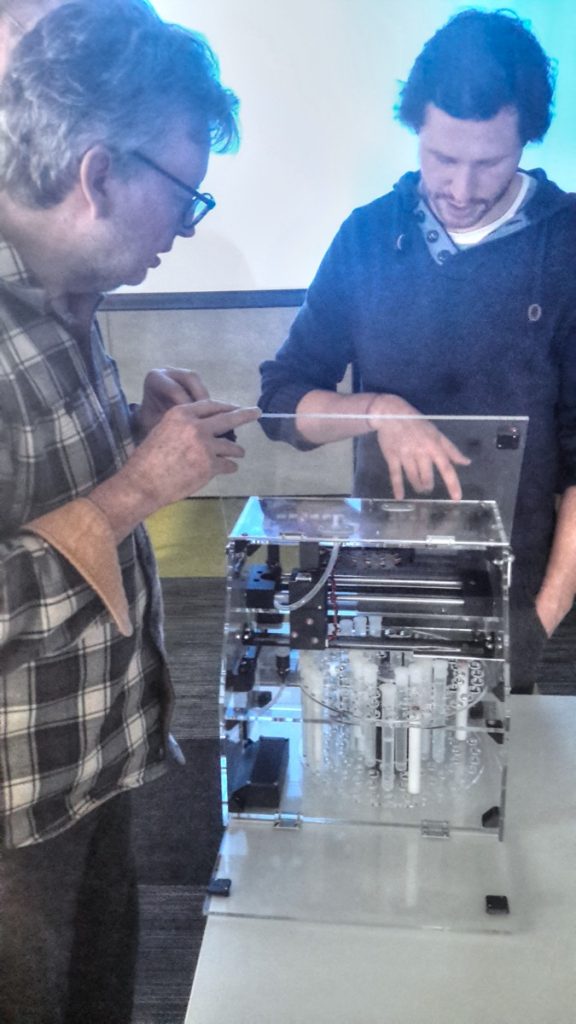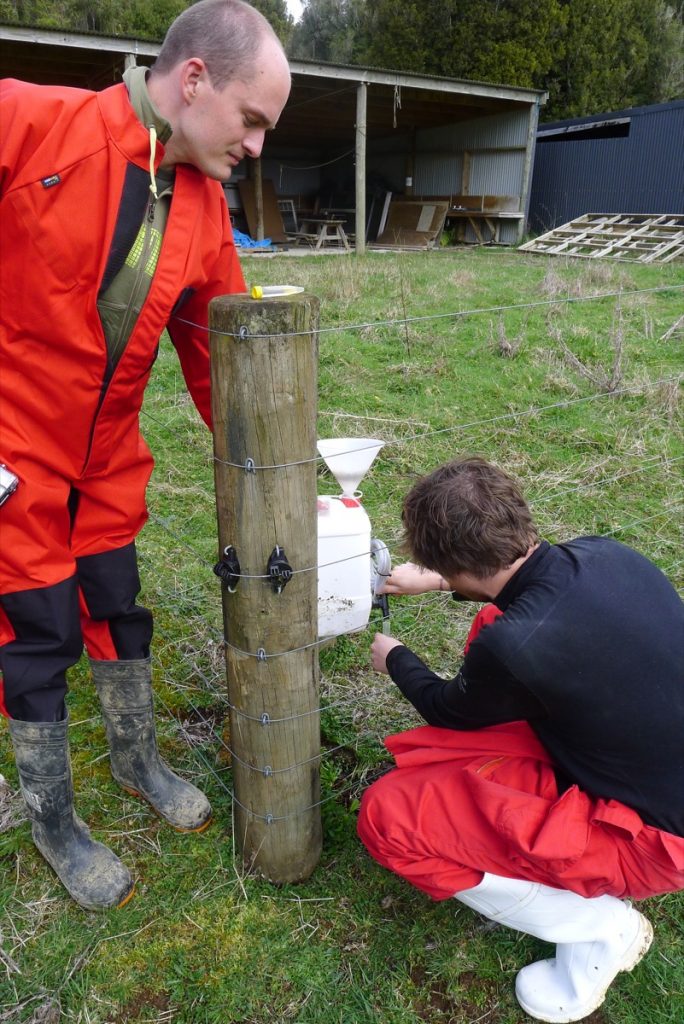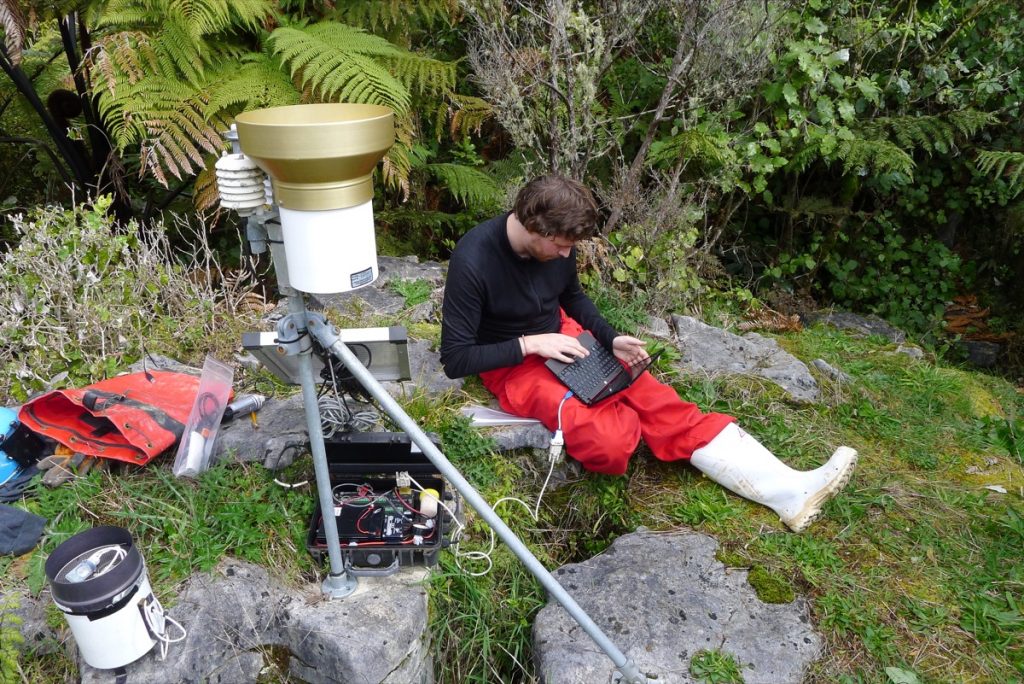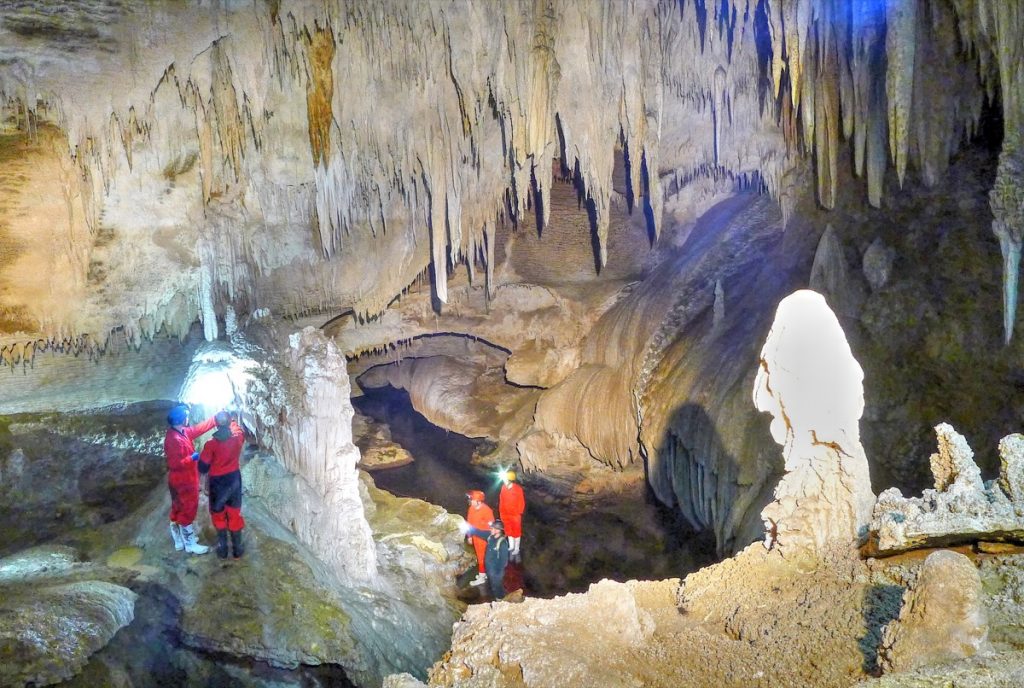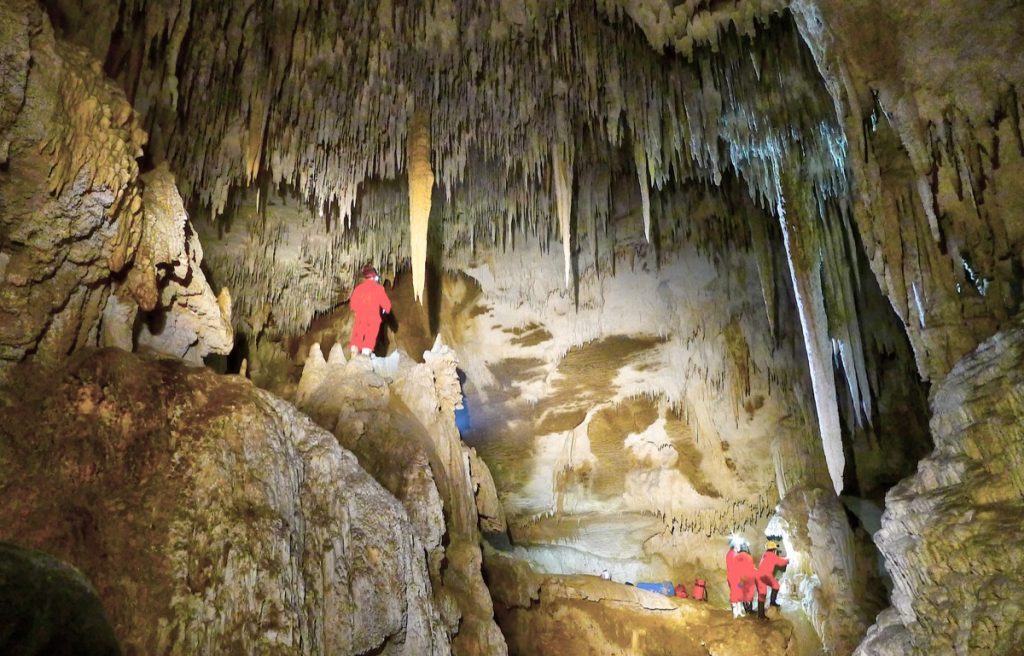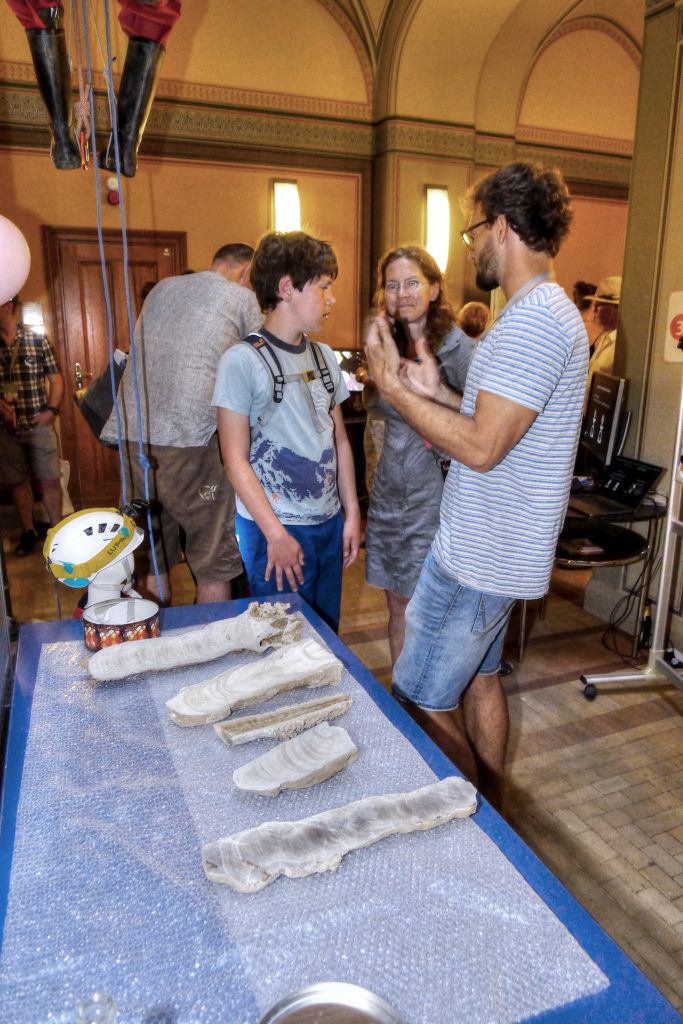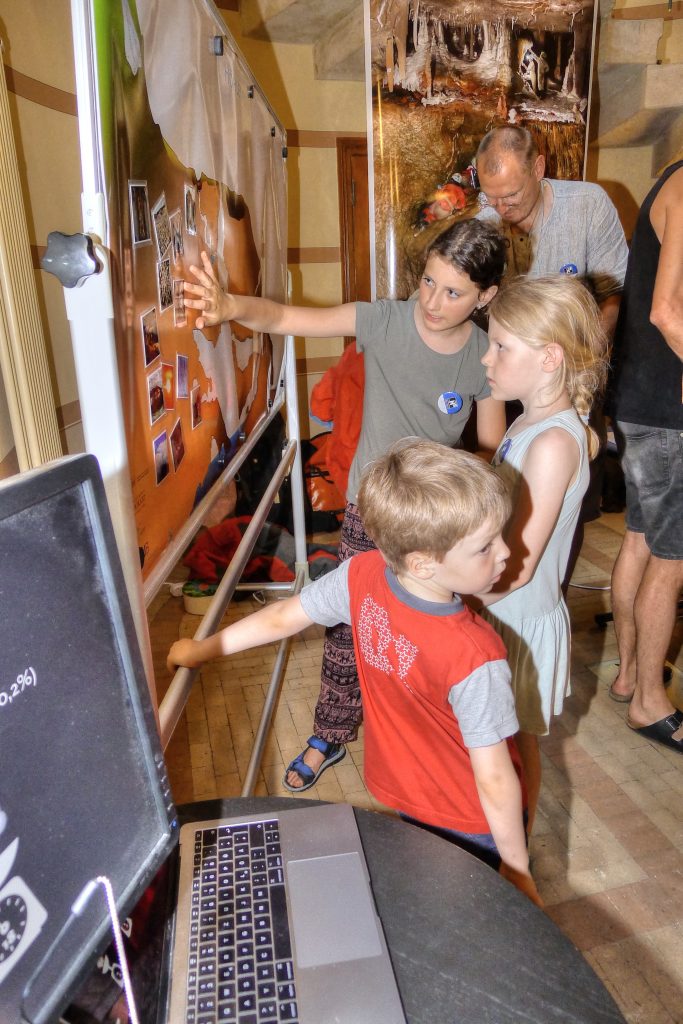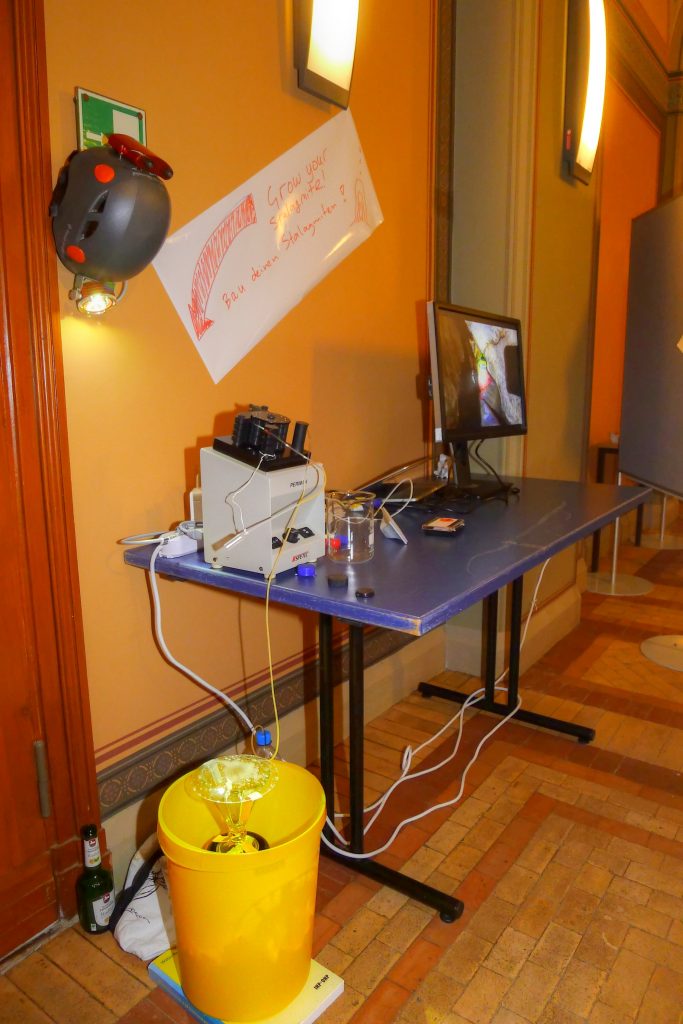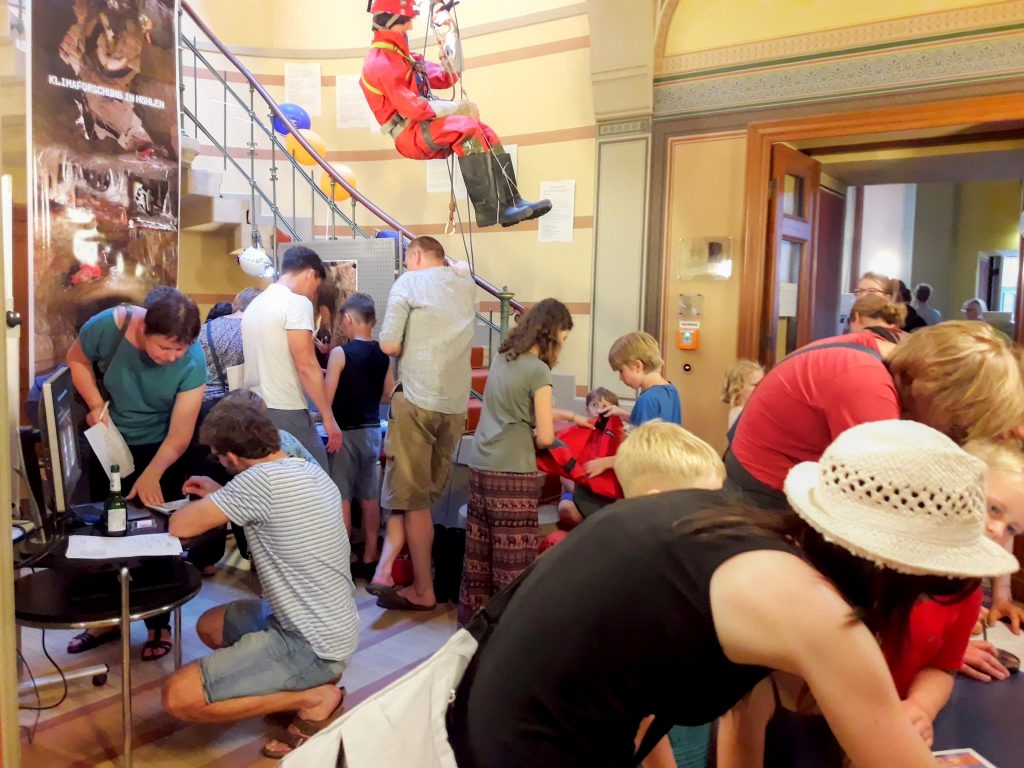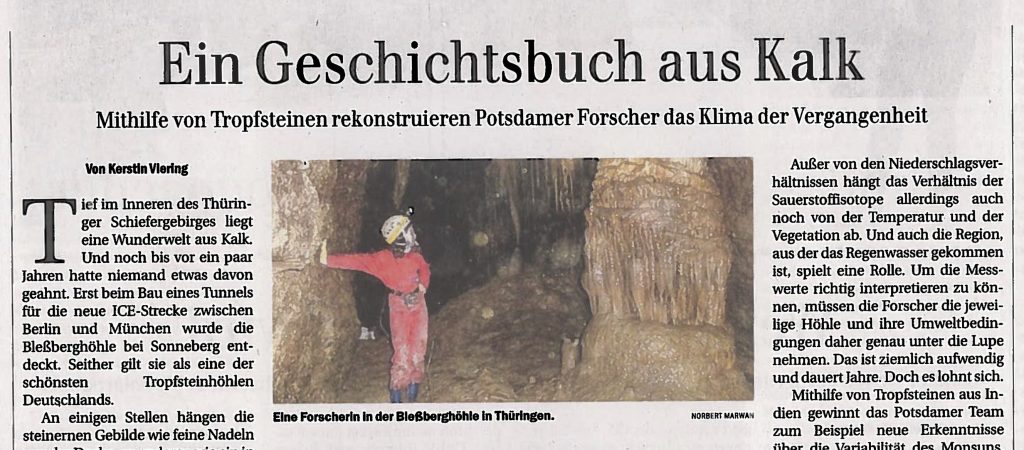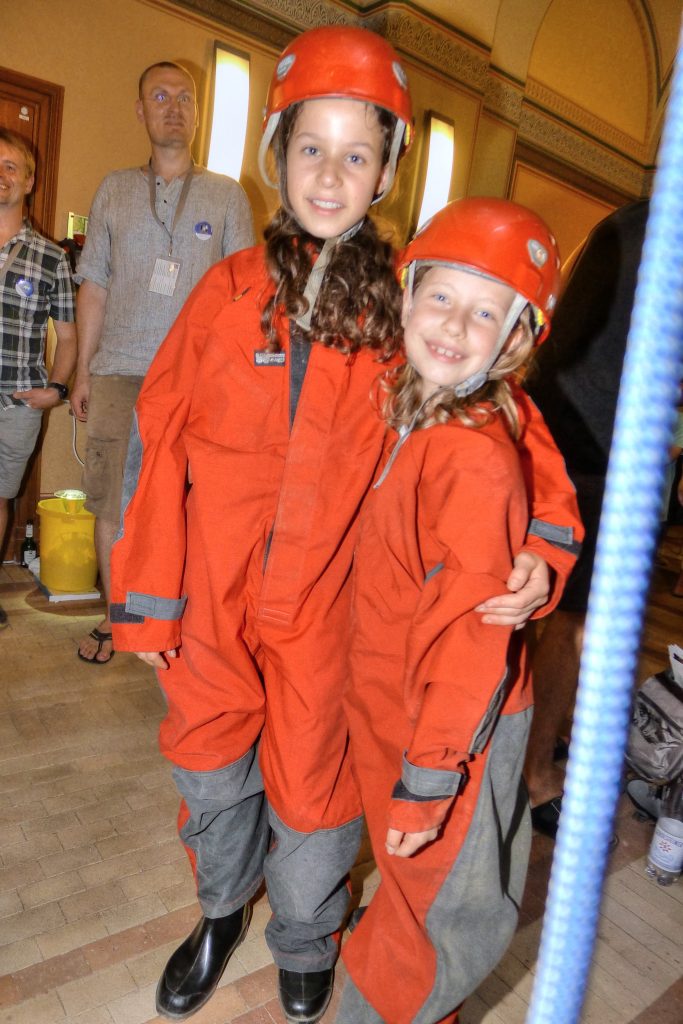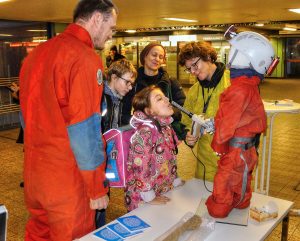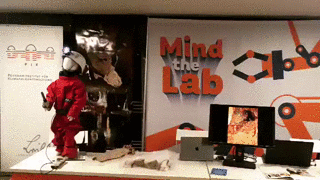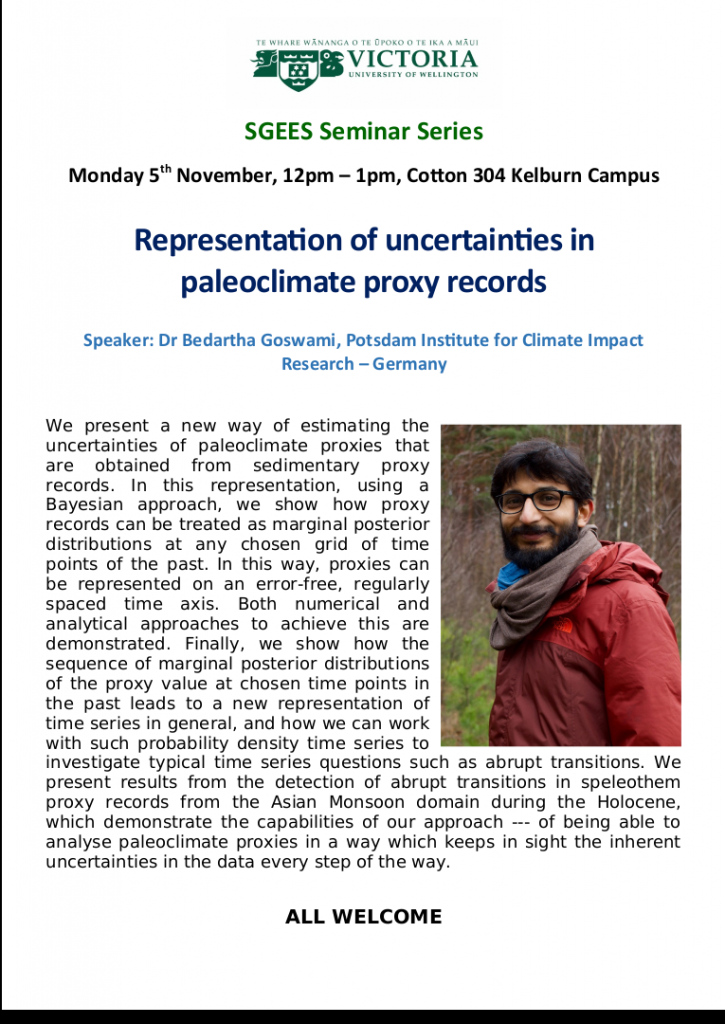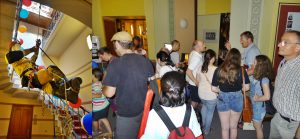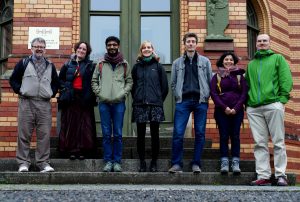With the EGU General Assembly coming up next month, we have rounded up the first-author presentations from the people involved in QUEST. Most of the action takes place during Thursday and Friday (barring David Hodell’s presentation on Tuesday) and in Hall X5 and Room F2. Be sure to note this down in your calendar for the EGU week!
The topics are many, interesting, and diverse — they are sure to spark off interesting discussions and debate. Share this post with your colleagues and spread the word!
Novel and quantitative methods for continental palaeoenvironmental reconstruction.
Orals: Thu, 12 Apr, 10:30–12:00 / Room 0.14
Posters: Attendance Thu, 12 Apr, 17:30–19:00 / Hall X5
| ID | TITLE & QUEST AUTHORS | TYPE &
LOCATION |
|---|
| 13780 | Towards a quantitative proxy of cave dripwater hydrology
Adam Hartland, Beth Fox, Sebastian Breitenbach | Poster, X5.251 |
| 12744 | Local and distant Pacific climate signals in cave hydrochemistry: Waipuna cave, New Zealand
Cinthya Nava, Adam Hartland, Bethany Fox, Sebastian Breitenbach | Poster, X5.250 |
| 9793 | 35,000 years of hydrological variability in northern New Zealand from speleothem magnetism
Bethany Fox, Ioan Lascu, Sebastian Breitenbach, Adam Hartland | Poster, X5.246 |
| 9046 | Tracing past shifts of the boundary between maritime and continental climate over Central Europe
Sebastian Breitenbach, Norbert Marwan | Poster, X5.245 |
| 15956 | Is this an event? - Detecting abrupt changes in palaeoclimate records
Bedartha Goswami, Sebastian Breitenbach, Norbert Marwan | Poster, X5.244 |
New model and data-based approaches to study climate behavior
Orals: Fri, 13 Apr, 08:30–12:00 / Room M1
Posters: Attendance Fri, 13 Apr, 13:30–15:00 / Hall X4
| ID | TITLE & QUEST AUTHORS | TYPE &
LOCATION |
|---|
| 6190 | Detecting abrupt transitions during the Late Quaternary in southern Ethiopia using Recurrence Quantification Analyses
Hauke Krämer, Norbert Marwan | Oral, Room M1 |
| 15457 | Identifying sudden dynamical shifts in time series with uncertainties
Bedartha Goswami, Sebastian Breitenbach, Norbert Marwan | Poster, X4.277 |
The speleothem archive: understanding processes and interpreting Quaternary climate change
Orals: Thu, 12 Apr, 13:30–17:00 / Room 0.14
Posters: Attendance Thu, 12 Apr, 17:30–19:00 / Hall X5
| ID | TITLE & QUEST AUTHORS | TYPE &
LOCATION |
|---|
| 16111 | Application of lignin analysis to flowstone, stalagmite and drip water samples – potentials of a new proxy
Inken Heidke, Denis Scholz, Thorsten Hoffmann | Poster, X5.286 |
Tackling past hydrological cycles – from local and regional to global scales (co-organized)
Orals: Fri, 13 Apr, 08:30–10:00 / Room F2
Posters: Attendance Fri, 13 Apr, 17:30–19:00 / Hall X5
| ID | TITLE & QUEST AUTHORS | TYPE &
LOCATION |
|---|
| 19020 | Last Glacial Period hydrology of Lake Peten Itza (Guatemala) constrained with triple oxygen and hydrogen isotopes
Thomas Bauska, David Hodell | Oral,Room F2 |
Climate response to orbital forcing (including Milutin Milankovic Medal Lecture)
Orals: Tue, 10 Apr, 13:30–17:00 / Room F2
Posters: Attendance Tue, 10 Apr, 17:30–19:00 / Hall X5
| ID | TITLE & QUEST AUTHORS | TYPE &
LOCATION |
|---|
| 3858 | Integrating suborbital climate variability with classical Milanković theory
David Hodell | Oral, Room F2 |
